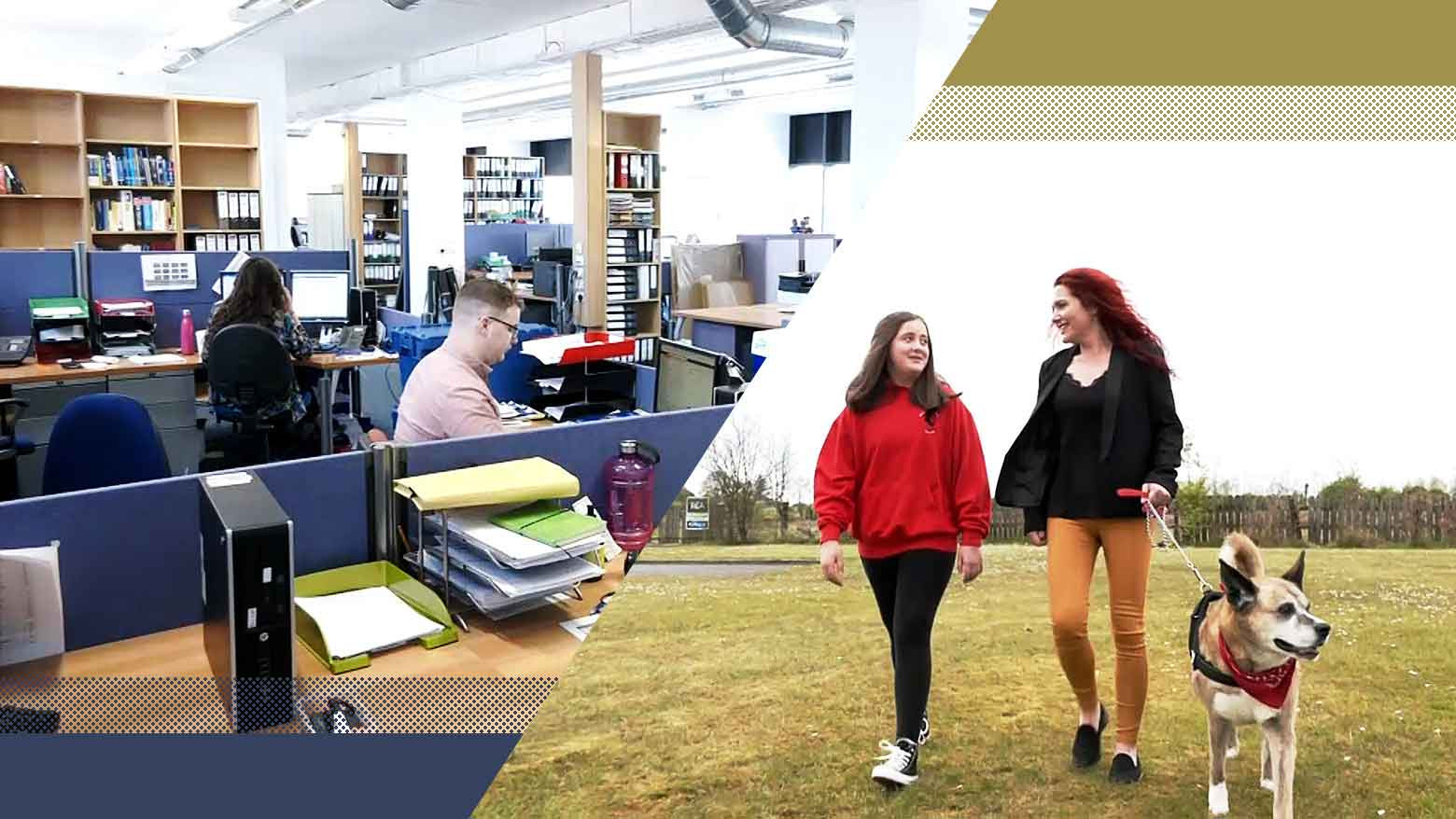100:80:100 model
The pilot is the first of many by the nonprofit organization 4 Day Week Global in cooperation with the local Four Day Week Ireland campaign group.
The four-day workweek campaign originated in New Zealand in 2018, when businessman Andrew Barnes carried out a pilot program at his own company. He found it resulted in a 20 percent rise in productivity, increased profits and improved staff wellbeing.
The goal of the campaign is not to specifically adopt a four-day workweek, but to reduce overall working hours by seeking ways to improve productivity and efficiency.
Participants are encouraged to try the campaign group's "100:80:100" model. "It's 100 percent pay, 80 percent time, but 100 percent productivity," says Charlotte Lockhart, CEO of 4 Day Week Global. "We're not talking about reducing pay, but we're also very sure about keeping productivity high."
Participating companies are free to choose if employees work five days a week with a 20 percent reduction in working time per day, or four days a week with the same or longer hours than usual.
Competition for talent
"It was just excitement, absolute excitement," says IT engineer Barbara Hopkins about the moment her company told her it would participate in the pilot program. "All the possibilities, you know, everything was going through my head and what I could do with my time off and all the hobbies I could take up."
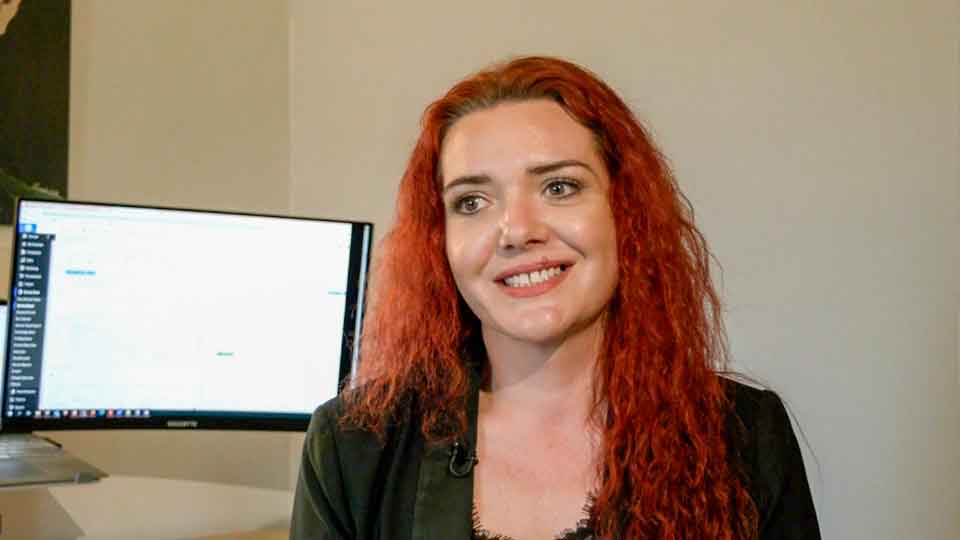
At the same time, she had doubts about how she would fit a busy five-day workweek into four days. "In the beginning, I felt guilty. On my day off it was, 'Will I have a look at work? Will I just do something for tomorrow?'"
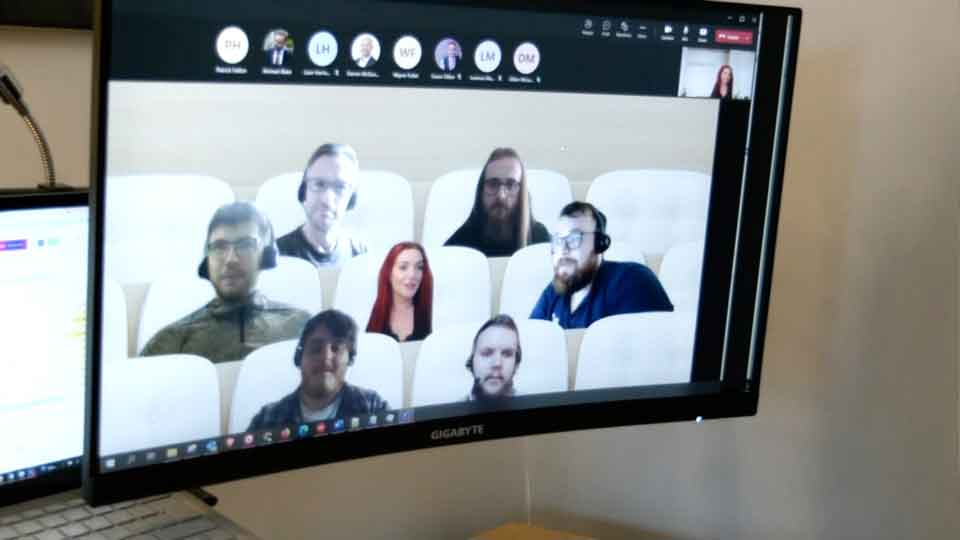
Hopkins works for Dublin-based IT services company Typetec. Explaining why the firm decided to join the pilot program, director Ken Tormey says, "It was a progressive next step for Typetec in terms of where we're evolving as a business given the climate in Ireland in terms of availability of staff, staff retention, staff recruitment, and there's a lot of competition for talent."
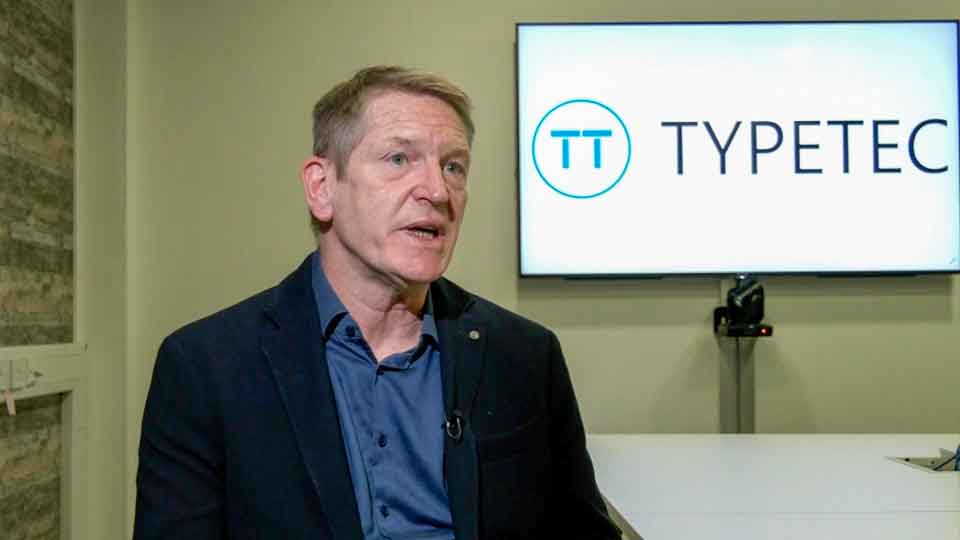
His views echo the benefits of a reduced-hour week listed by 4 Day Week Global, which include improved productivity, more innovation, better recruitment and retention rates, and reduced staff absence due to sickness.
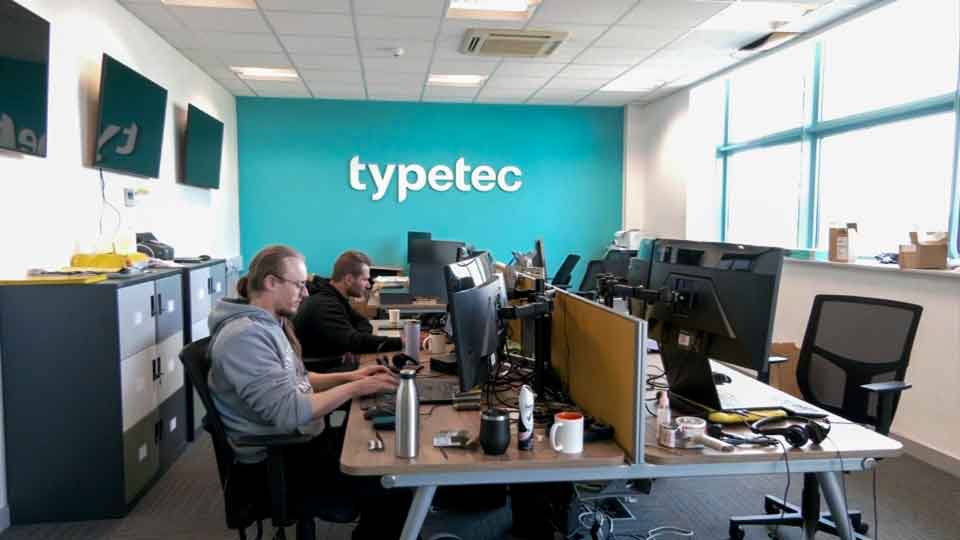
Culture shift
Irish companies that have already permanently introduced a four-day workweek say staff sick days have now dropped to almost zero. One is ICE Group, which supplies recruitment and training services. It's now mentoring companies taking part in the pilot program.
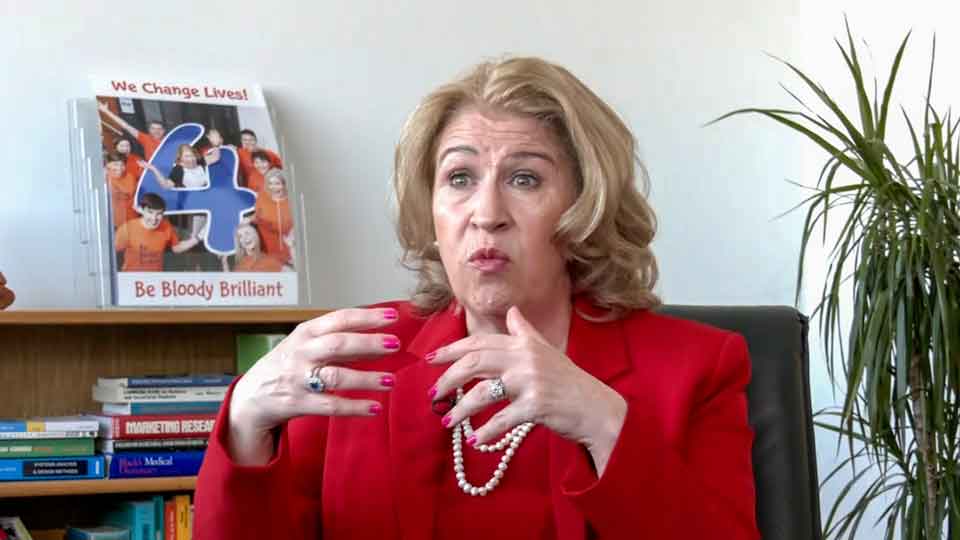
ICE Group Director Margaret Cox says making the four-day workweek a success required a behavioral change in the workplace. "We had to change from a five-day week culture to a four-day week culture," she says. "We had to change our behaviors and our attitude." One decision was to keep meetings to 30 minutes as much as possible, and limit attendance to the most essential staff.
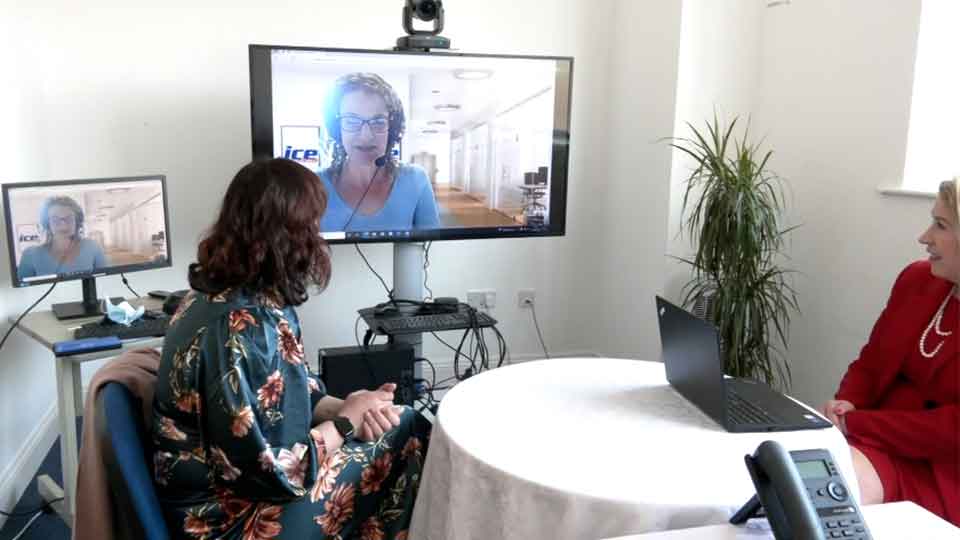
Beyond work-life balance
To ensure the academic integrity of the pilot program, Four Day Week Ireland is working with Dr. Orla Kelly, an assistant professor of social policy at University College Dublin. She is conducting surveys with the companies and employees before, during and after the experiment.
She expects to find that the benefits of reduced working hours go beyond work-life balance. "We are signed up to reducing emissions as a high-income nation, so reducing work time, having a better work-life balance might be a good way for governments to answer that call for their citizens, to move away from highly consumptive behavior to a better kind of well-being-based society," she says.
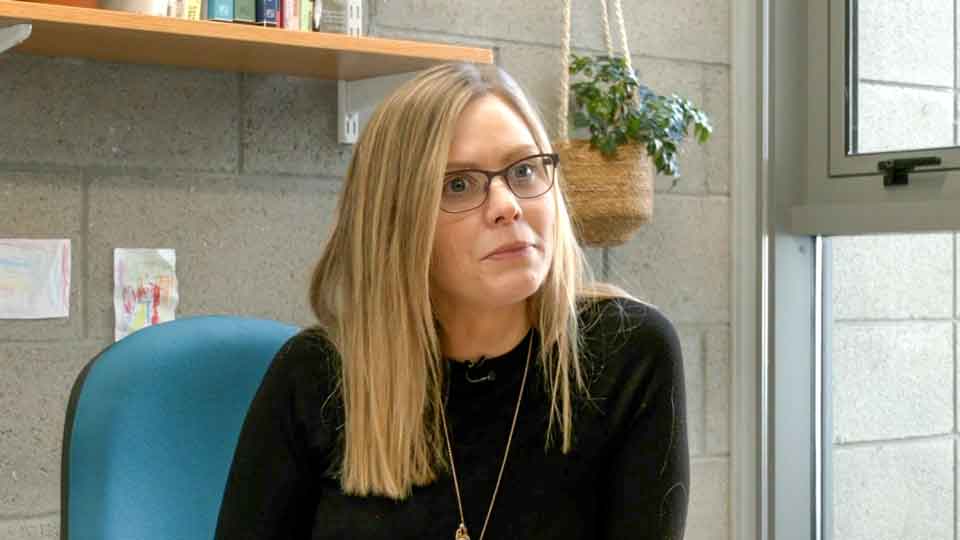
Not only does her research cover factors such as employee satisfaction, sick days and staff retention rates, but also environmental indices such as company electricity usage, commuting times and types of fuels used to see how reduced working hours can shrink a company's carbon footprint.
As for measuring productivity, each participating company is using its own metrics. Tyeptec uses two barometers as broad measures – commercial performance and customer satisfaction.
"We run background software," explains Hopkins. "It basically measures everything we do so they can compare each week, each month for the last six months or the last year. They can compare how we're getting on, and if it wasn't working with this four-day week, we would be already back doing our five-day week."
Keeping an open mind
While reduced work-hour studies have already been conducted in various countries, including Iceland and Spain, doubts exist about whether it can be applied to every job in every sector.
It's a concern raised last year by Ireland's Minister for Enterprise and Employment, Leo Varadkar. "I can see how that might work for some roles, but it's hard to see how it would work in others particularly in health, education and manufacturing for example," he said. "We need to keep an open mind when it comes to innovations in the world of work."
At ICE Group, Cox says companies have to be committed to making it work. "It's counterintuitive, you know – the idea that if you work less, you can do more," she says. "But our experience in almost three years now is that our businesses become more productive, our staff become happier and we become more profitable as an organization."
Ditching outdated ways
Global tech giants have long sought to attract workers through perks such as free food, gyms and social events. Now the four-day workweek experience suggests that the new way for companies to attract staff is to offer them the freedom and autonomy to choose how and where they do their work.

For 4 Day Week Global's Lockhart, the mission to reduce working hours is about recognizing what people really want out of life. "Why are we still working in a way that we worked nearly 100 years ago?" she says. "There's no reason, with all of the automation and with all of the progress that we have made as humans."
The one thing we all want is more time, she says. "If we can be whole people, our society will function better. Families will function better, communities will function better, our health, our government and our economies will function better, and we'll be happier people."
